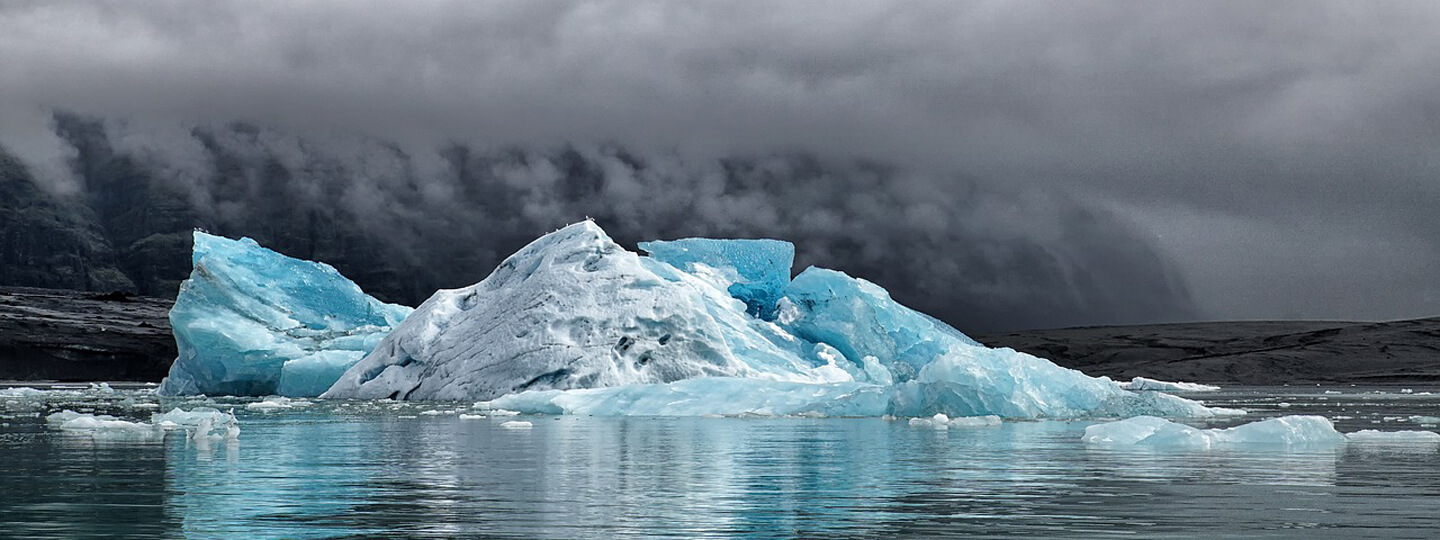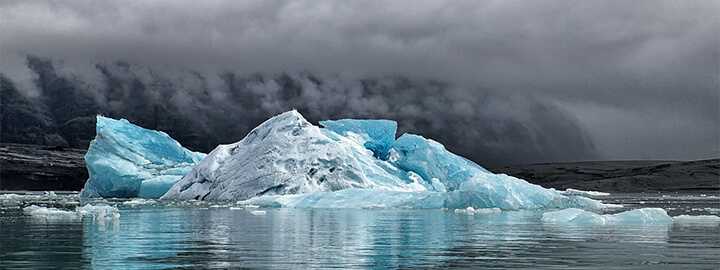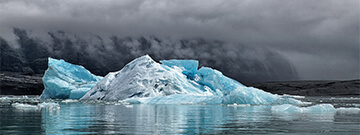

Climate Change and Our Oceans
Climate change is a big deal. We’ve all seen news stories about greenhouse gas emissions, rising temperatures, and the hole in our ozone layer. However, what tends to sometimes be overlooked is climate change’s effect on oceans. Oceans cover 71% of the planet’s surface, and while most humans live on land, it’s important to understand the effects of climate change on Earth’s most abundant and mysterious features.
The increased presence of carbon dioxide and other greenhouse gases have led to increased temperatures. With this temperature rise, ice caps are melting faster than ever. This has many issues. Rising sea levels threaten the submerging of most, if not all, coastal cities. Beach towns that make for fun vacations can eventually go underwater. The associated flooding and erosion pose a risk for people living in these coastal communities, forcing many to relocate. Animals like polar bears actually made use of ice caps, for finding food, shelter, or just a break from swimming, and many of these animals are now forced to change their ways of life. To make matters worse, melting ice caps can release more greenhouse gases into the atmosphere, making this issue a never-ending cycle.
Additionally, as another consequence of increased carbon emissions, the excess carbon is dissolving in seawater, forming carbonic acid. This acid is making ocean water more acidic. The impacts of this are plentiful. Many marine organisms like coral and plankton have limitations in growing and sustaining life in the acidic environment. They are unable to maintain their outer shells, making themselves more susceptible to predator attacks. Altering this relationship impacts the entire food web, putting the ecosystem in a state of disarray.
However, there’s still some hope. In reducing our carbon footprint, conserving water, and supporting climate protecting organizations, we can drive positive change and ensure a healthy, safe future.
Source:
“Climate Explainer: Oceans and Climate Change.” World Bank, World Bank Group, 4 Feb. 2022, www.worldbank.org/en/news/feature/2022/02/08/what-you-need-to-know-about-oceans-and-climate-change#:~:text=First%2C%20climate%20change%20is%20causing,concurrently%20oxygen%20levels%20are%20decreasing ![]() .
.

On April 8, 2024, we will witness a mesmerizing event. A total solar eclipse is upon us, and here at the Science Center, we can explore this celestial phenomenon in many ways.
But first, what is this event? A ...

Climate change is a big deal. We’ve all seen news stories about greenhouse gas emissions, rising temperatures, and the hole in our ozone layer. However, what tends to sometimes be overlooked is climate change’s ...

In the captivating world of health care, a fascinating transformation is taking place—a rise in Artificial Intelligence, or AI! Picture a world where smart machines team up with doctors to revolutionize medicine, making ...

Hydroponics, a contemporary farming method, redefines how we grow plants, offering a fresh approach to cultivating crops that differs from traditional soil-based farming. This innovative technique doesn’t rely on soil ...

In our solar system, the eight planets—Mercury, Venus, Earth, Mars, Jupiter, Saturn, Uranus, and Neptune—are talked about more than anything. While the ...

Quantum computers are on the forefront of technological advancement. These machines, unlike any traditional computers you’re familiar with, harness the ...


